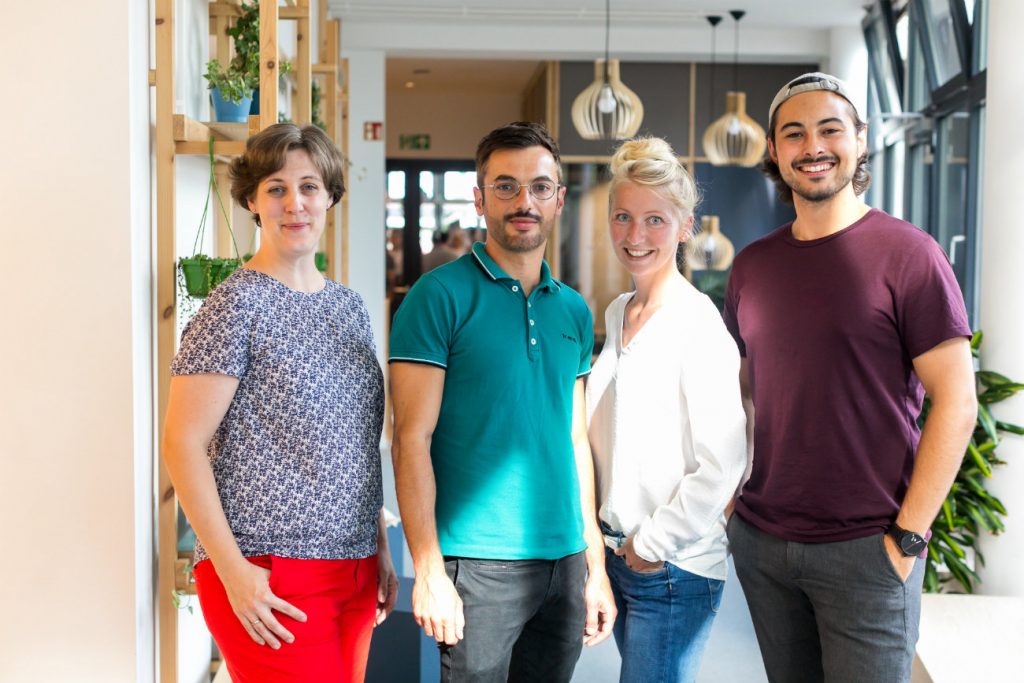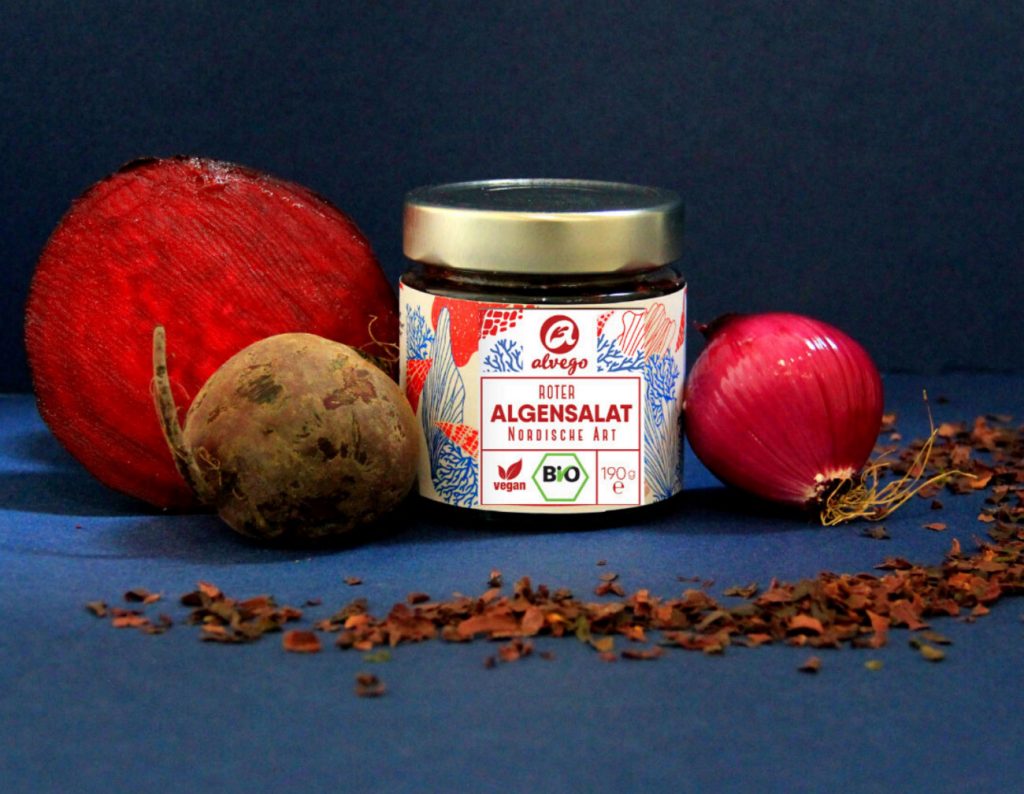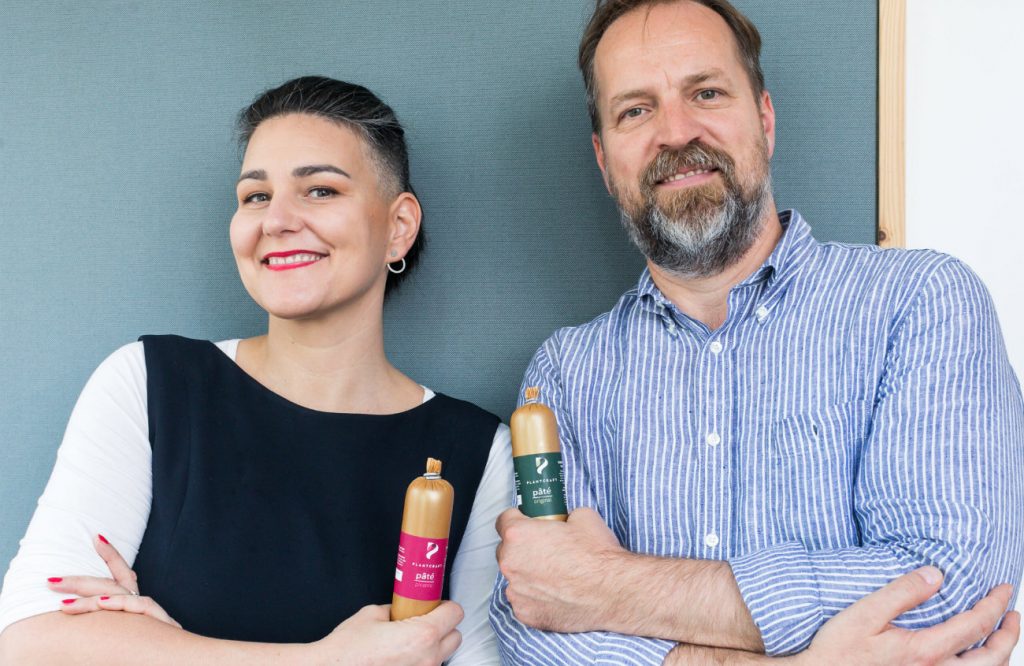The global food and beverage market is undergoing a dramatic change. Consumer interest in non-animal-based, alternative proteins is increasing and the food industry is developing new ingredients and products to satisfy demand.
Take the global meat market for example – a $1.4 trillion industry. According to a Barclays projection, alternative meats could make up a $140 billion slice of this enormous market over the next decade. Barclays analysts are actually considering new cultured options that are still years away. This means that they are suitably convinced by current protein alternatives and the expected growth of this market.
By 2050, global food systems will have to sustain a population of 10 billion people. The UN has declared climate change the “defining issue of our times” and leading scientists agree that avoiding meat and dairy is the single biggest way to reduce your environmental impact. The shift towards alternative proteins is not slowing down.
We asked a panel of specialists from the industry to share their thoughts with us on this topic. The same panel will be joining us for our first Future Food Series event in March.
Britta Winterberg, Co-Founder and CSO, Legendairy Foods:
“Almost 20 years ago, still an undergrad biology student, I heard about lab-grown meat for the first time. I can still remember the conversation I had with my husband about the opportunities of animal- and antibiotic-free clean meat. We would definitely be among the first customers when these products came onto the market.
“Little did I know that my path would one day lead me from plant pathology into the world of cellular agriculture and that I would get the chance to contribute to making dairy products more sustainable and ethical.
“We all know that feeding the world’s growing population is a challenge. I firmly believe that biotechnology and cellular agriculture will greatly contribute to a more environmentally- friendly future for our planet.”




